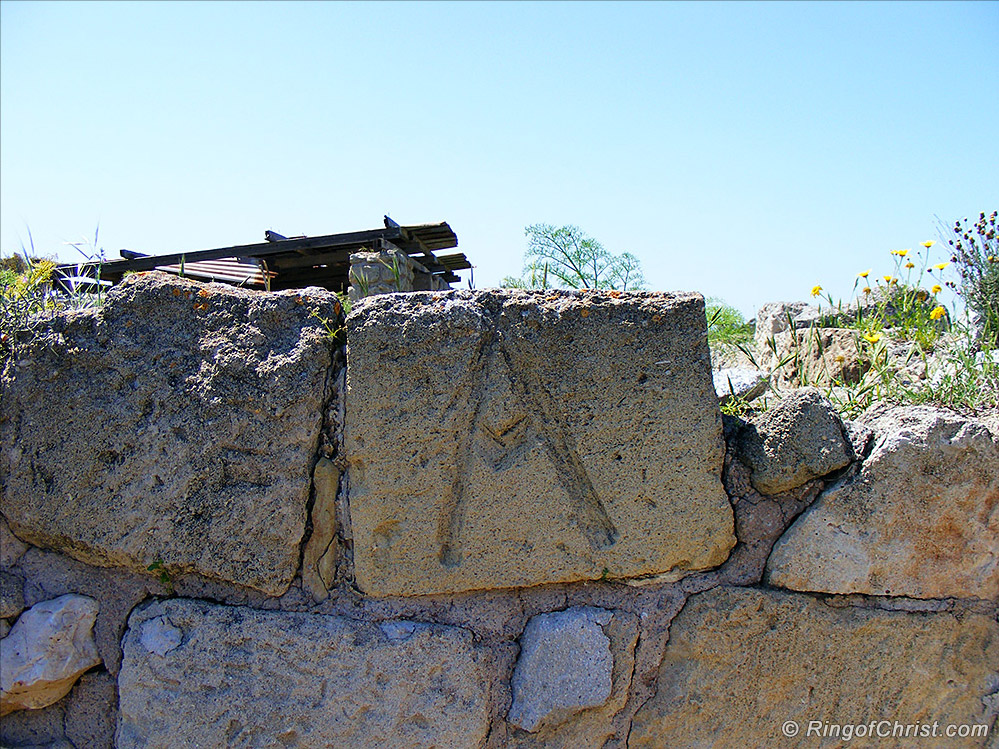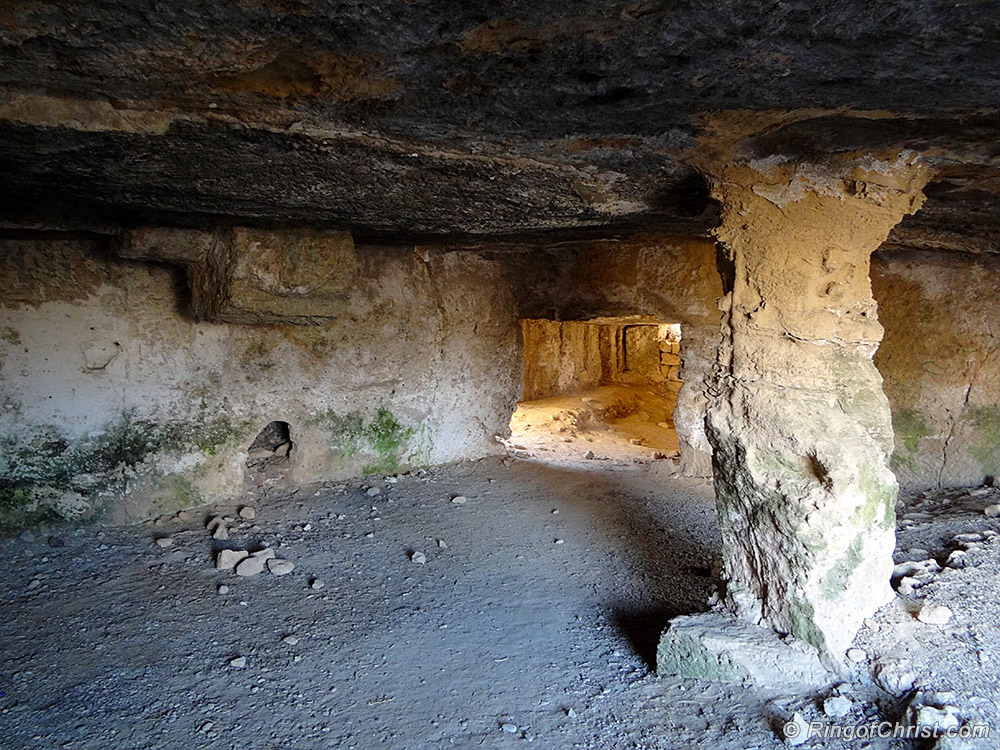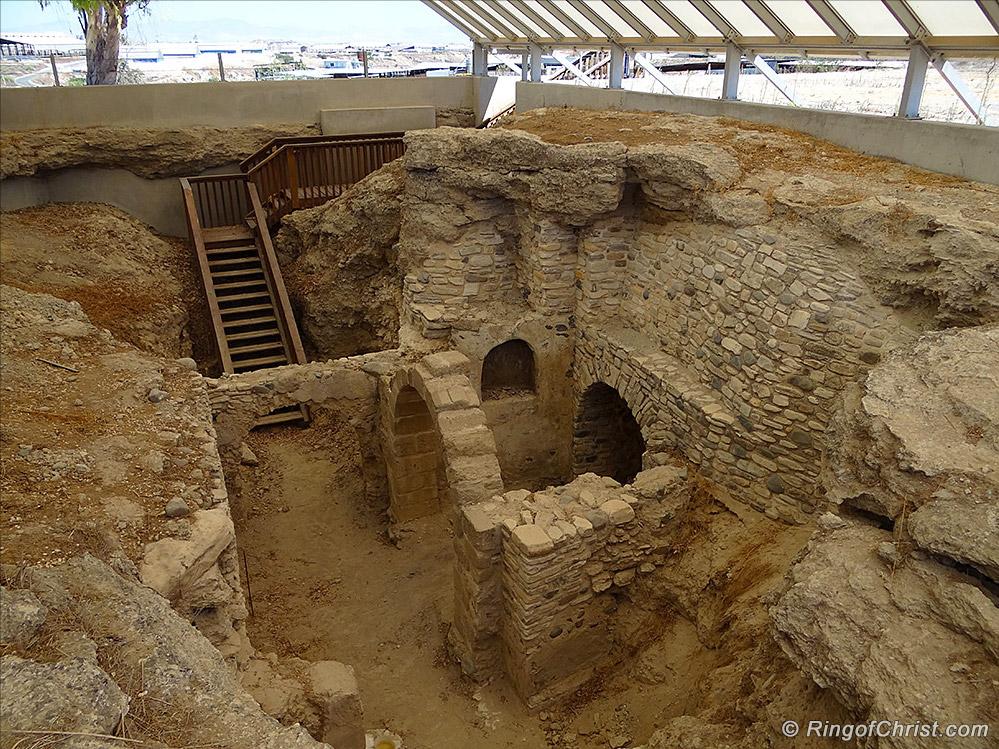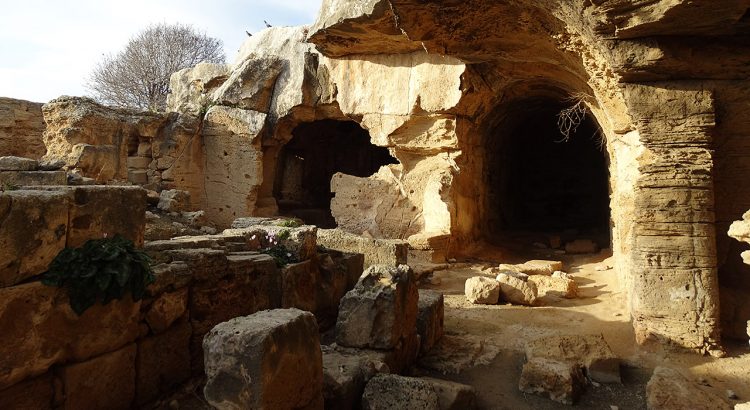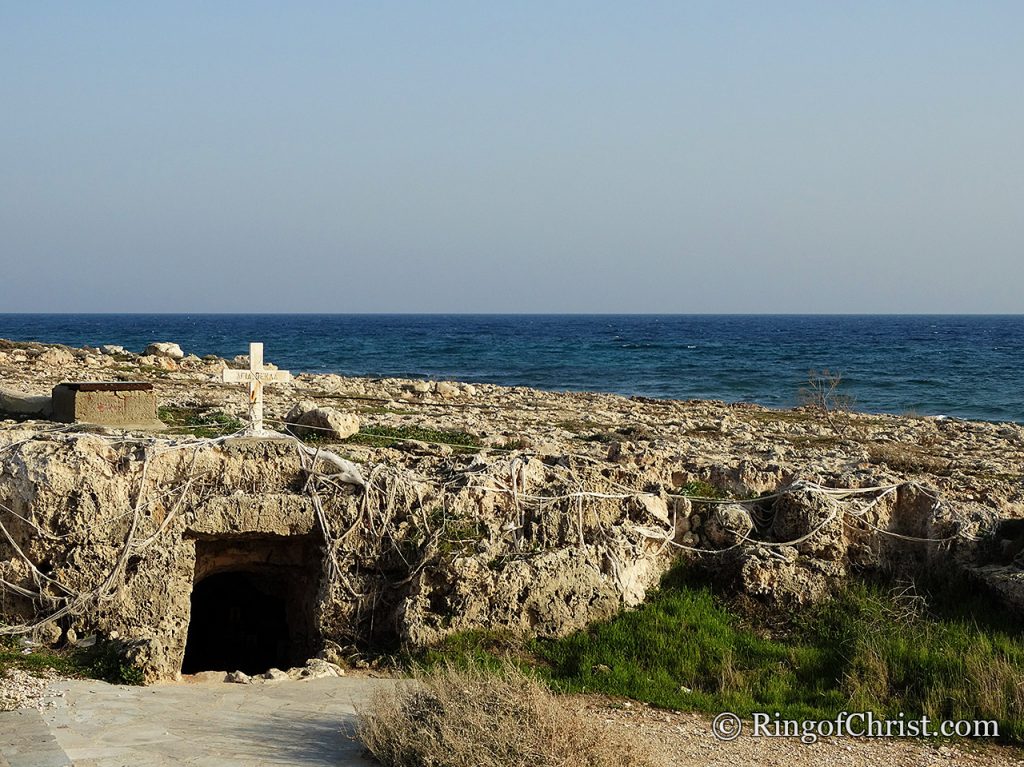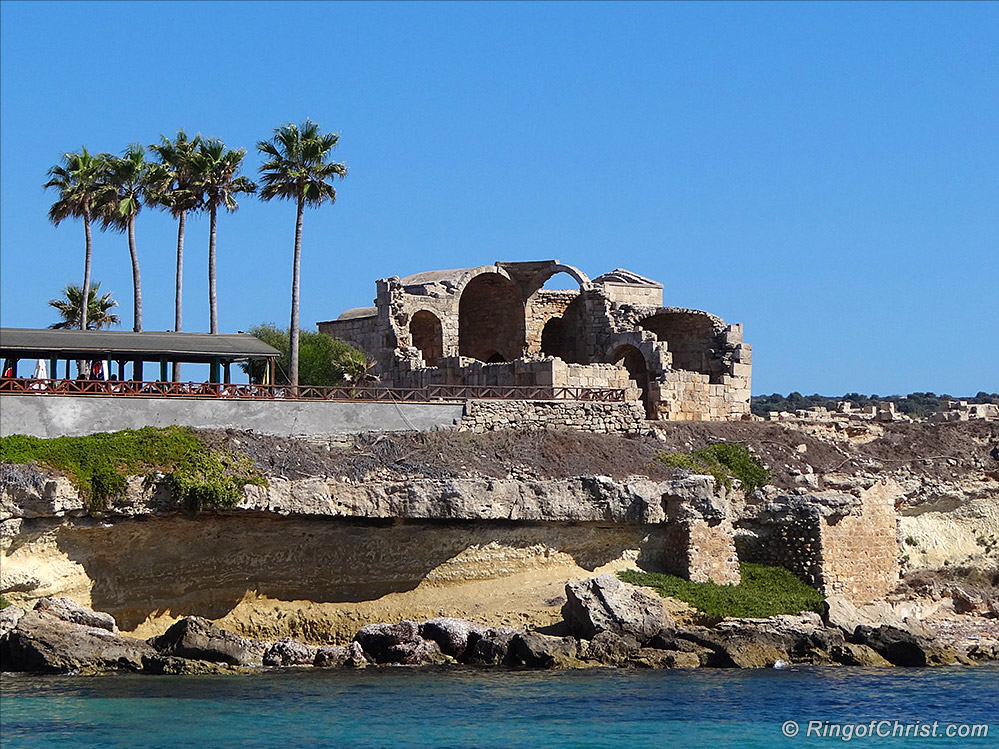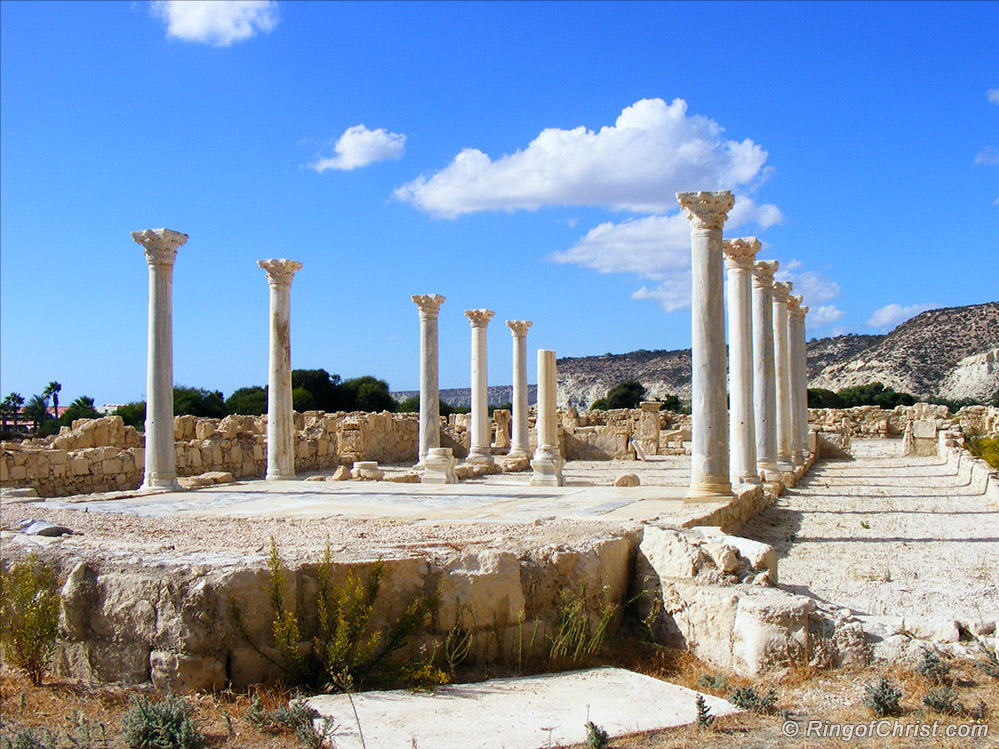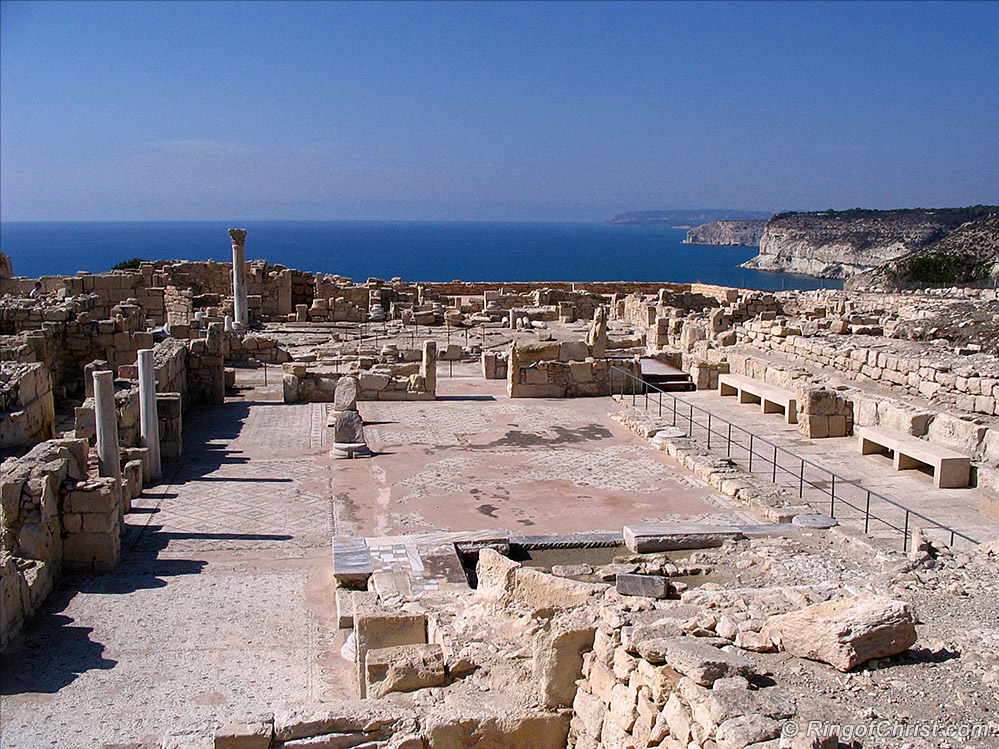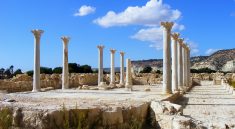Christians in Cyprus were no different from other young Christian communities of the early church. In the first three centuries after Christ, Christians met in secret in church houses, underground churches, and catacombs throughout the Roman Empire; the ancient catacombs of Rome are the most famous of these early meeting places. It is said that “Christians were persecuted above ground and prayed below ground.”
Groups of Christians sought safe places in which to gather, for high and low joined daily as equals for the partaking of the common meal, teaching and reading scripture, singing hymns, and praying.
Throughout the empire well organized Christian congregations with bishops, deacons, and elders prayed in secret, for persecution was always a real possibility especially in the time of Diocletian and Galerius 303 to 311AD.
After the Great Constantine came to power, Christians could, after three centuries, openly profess their Christian faith. Churches and chapels were built and later in the 4th century monasteries and great basilicas held prominent places throughout the empire. Bishops were well recognized figures of society, and the Patriarchs of Constantinople, Antioch, Rome, and Alexandria held enormous power over their flocks.
